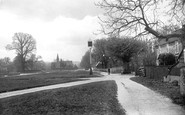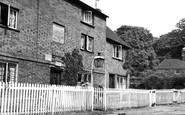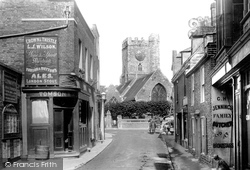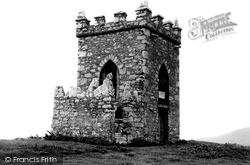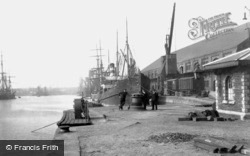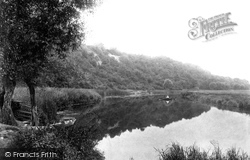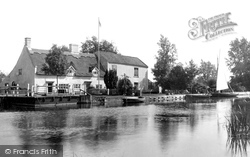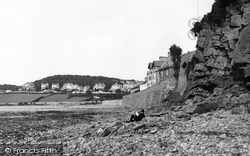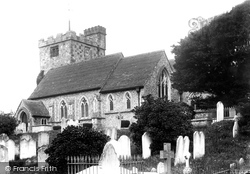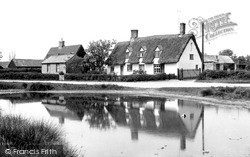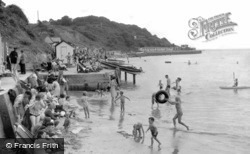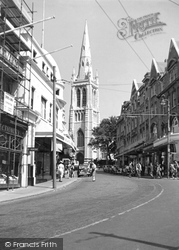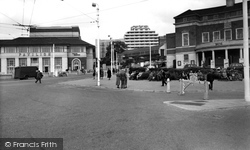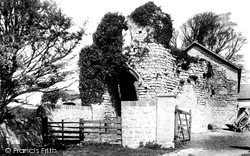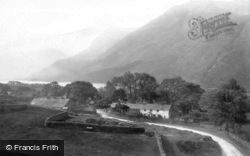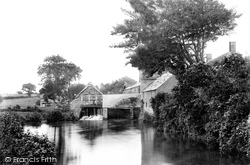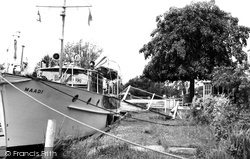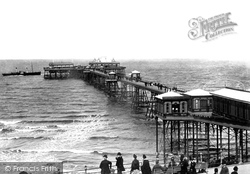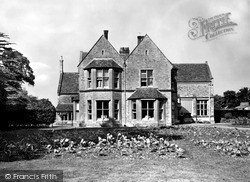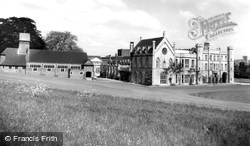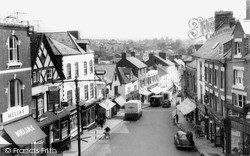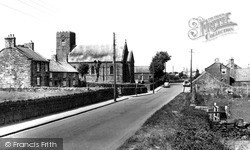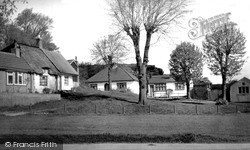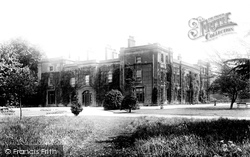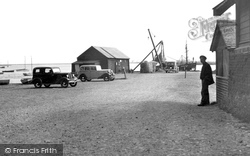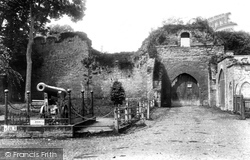Places
18 places found.
Those places high-lighted have photos. All locations may have maps, books and memories.
- Hythe, Kent
- Hythe, Hampshire
- Small Hythe, Kent
- Bablock Hythe, Oxfordshire
- Methwold Hythe, Norfolk
- Hythe, Somerset
- Hythe, Surrey
- Hythe End, Berkshire
- The Hythe, Essex
- Egham Hythe, Surrey
- West Hythe, Kent
- New Hythe, Kent
- Broad Street, Kent (near Hythe)
- Horn Street, Kent (near Hythe)
- Newbarn, Kent (near Hythe)
- Newington, Kent (near Hythe)
- Broad Street, Kent (near Hythe)
- Stone Hill, Kent (near Hythe)
Photos
360 photos found. Showing results 581 to 360.
Maps
101 maps found.
Books
10 books found. Showing results 697 to 10.
Memories
4,406 memories found. Showing results 291 to 300.
Coronation Day 1953
My brothers and I watched the Queen Elizabeth's Coronation with a neighbour; the screen was so small they added a special magnifying glass. Even in black and white I thought it was wonderful. It was a cold day so felt chilly as ...Read more
A memory of Ashtead by
Huddersfield Old Infirmary.
I did my nurse training in Huddersfield 1966 - 1969. As Huddersfield Royal Infirmary was not due for completion until after I started training, my nursing career began at Huddersfield Old Infirmary, situated in the ...Read more
A memory of Huddersfield by
The Children’s Home In Long Hanborough, Oxfordshire 30 Years Of Childcare 1950 1980
Many questions are often posed about the history of the Children’s Home known as Long House in Long Hanborough, Oxfordshire in a local history group which has a ...Read more
A memory of Long Hanborough
Coronation Day
My mother took short term housekeeping positions and in 1953 we lived in Westbrook House in Westbrook village, looking after Sir Edgar and Lady Ludlow Hewitt. He was a gentleman farmer and I sometimes drove around his land with him ...Read more
A memory of Bromham in 1953 by
Park House Farm
My wife and I spent one year ( circa 1953 ) living in an apartment at Park House Farm where Tony Warner raised sugar beets and pigs. The Manor House was built on a Roman foundation which then formed the basement of the ...Read more
A memory of Snettisham by
The Artichoke On The Green
I used to walk or ride my bike past the Artichoke public house almost daily while running errands from the small group of shops opposite the church. There used to be a small cycle shop, news agent, grocers shop, and ...Read more
A memory of Croxley Green in 1950 by
Campsbourne Junior School Around 1960
I attended Campsbourne Junior School between 1958 and 1961. I arrived during the 2nd Year at the age of 8, having moved from St Michael's School in Highgate. I was placed in the top stream and my class teachers ...Read more
A memory of Hornsey by
Late Childhood Memories Of Watchfield
Like others on the site I have very happy memories of living in Watchfield (1956 to 1966).My father was the Hall Manager of Kitchener Hall (RMCS) and we lived in army quarters in Hill Road. The houses were two ...Read more
A memory of Watchfield by
Butchers Arms 1939 To 1955
William and Charlotte Steers, my great grandparents, became the landlords of The Butchers Arms in 1939 when they moved from Woolwich, SE London. Unfortunately William died in early 1940 and my grandparents, Edith and John ...Read more
A memory of Oving by
Geneva House School
I went to the school when I was about 4 or 5, it was situated near Exeter road, near Kilburn Underground Station on Shoot up Hill. My memory is a bit vague but it closed down & they built Telephone House on the ...Read more
A memory of Kilburn by
Captions
4,899 captions found. Showing results 697 to 720.
It was traditionally much more important than its 'little suburb by the sea', and was included in the jurisdiction of the Cinque Ports.
The tower was erected as a summerhouse; it stands on private land owned by the Holker Estates.
South Dock opened in 1859, followed by the Prince of Wales Dock in 1891 (extended in 1898) and the King's Dock in 1904.
There are a few 17th-century cottages here, whose residents are usually outnumbered by the anglers who throng the riverbank.
Boats moored here are hired out by the owner of the Ferry Inn. The horse-drawn ferry has a history going back to the 13th century.
As a result, the little resort became an attractive proposition for Bristol's professional and business people wanting a villa by the sea.
The church is thought to have been restored by the local squire with the proceeds of a win on the Derby.
It was the first nature reserve to be set up by the National Trust, in 1899.
Colwell Bay, just west of Yarmouth, has a good mile of sand sheltered by the low cliffs behind.
Since its early days the resort has striven to be the 'Garden City by the Sea', and its lovely flower displays are a famous attraction for visitors.
By the 20th century holiday resorts were catering for visitors during bad weather as well as good, hence the imposing public baths.
By the time that this photograph was taken, very little of Barry Castle remained.
Buttermere takes its name from Old English, and means 'the lake by the dairy pastures' - where the butter is made. The farmstead of High Stile is still in the same business a thousand years later.
East Mill stood on the north side of East Road and was powered by the River Asker.
High above the river stands the Petersfield House Hotel, whose guests are able to relax by the summer house under the chestnut tree. A path and lawns now lead from the hotel to the mooring.
At this time the longest pier in the country was at Southport, but in 1897 it was eclipsed by the pier at Southend.
The Cottage Hospital moved here in 1925 from its original premises situated by the market cross.
Wycombe Abbey School's first architect, was commissioned by the school to build boarding houses, classroom blocks and dormitories, which were mostly built between 1898 and 1902, with the chapel following
The library was donated by the town's other benefactor, Thomas Blake, in 1873 – it is located towards the bottom of Broad Street.
The stone cottages to the left also remain, but the grass paddock enclosed by the stone wall has now given way to more modern
Hardly picturesque, crouched under the outcrop of granite, is a collection of small cottages, the earlier one probably occupied by the granite workers who came from as far away as Scotland to quarry and
Originally a Tudor house, to the north of the village, the building was remodelled in 1806 by Jeffry Wyatville and given its classical frontage in a manner which was strongly influenced by the work of
During World War II, Orford Ness was used by the scientist Robert Watson-Watt to develop radar.
The castle has been owned by the Earls of Powys since the early 1800s, and they have always opened it to the public. The sign on the door announces that admission will cost 6d (or 2½ new pence!).
Places (18)
Photos (360)
Memories (4406)
Books (10)
Maps (101)

